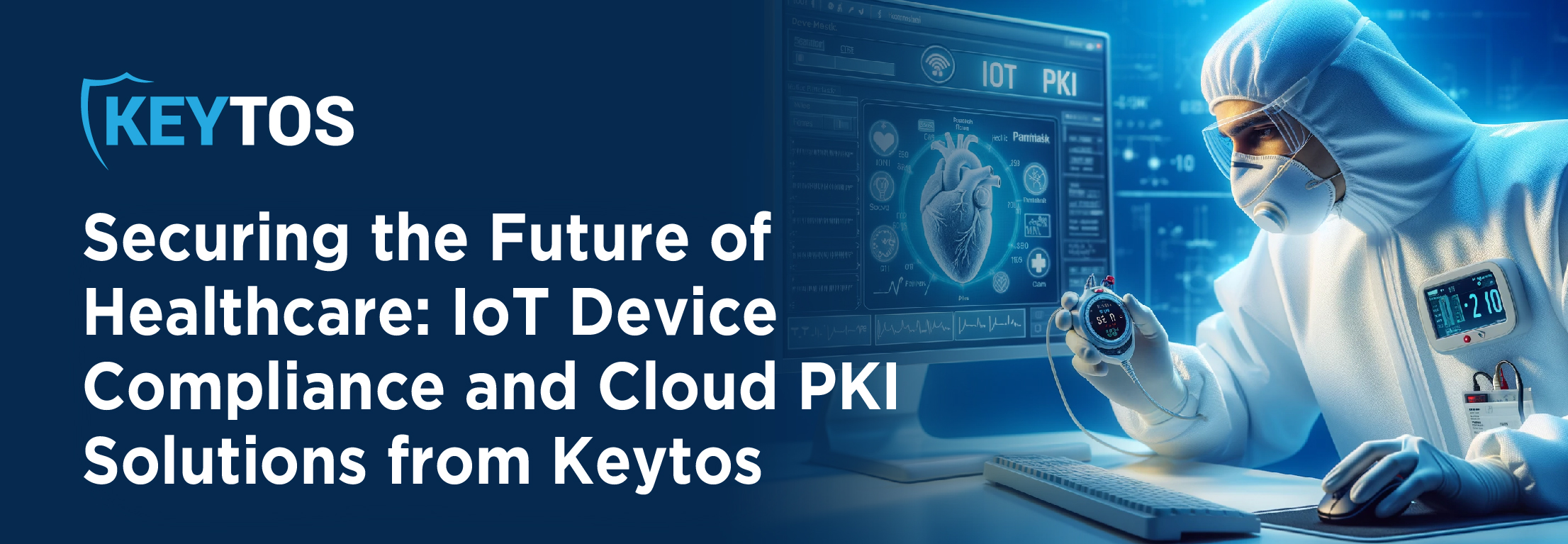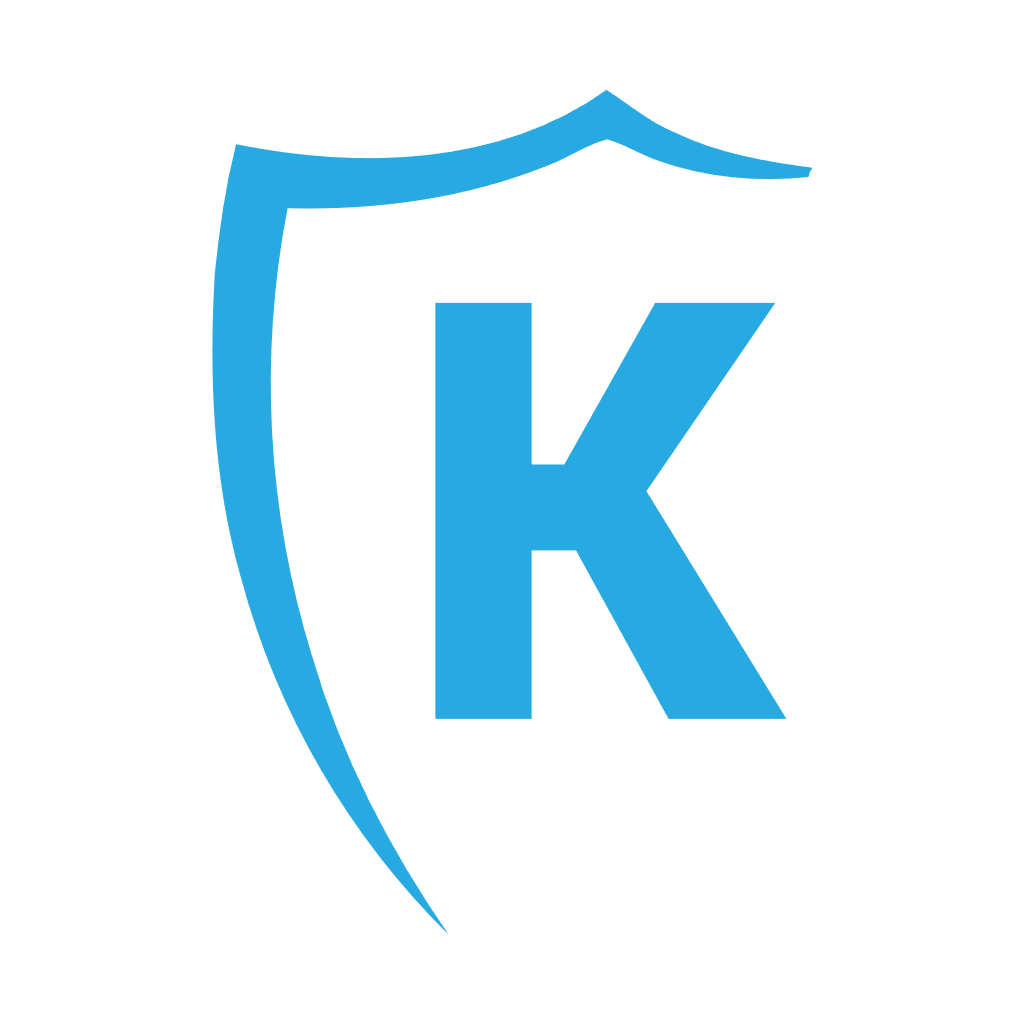
IoT for Healthcare Compliance: Securing Medical Devices with Certificate-Based Authentication
In the rapidly evolving landscape of healthcare technology, IoT medical devices have emerged as indispensable tools in the provision of cutting-edge patient care. These devices, ranging from wearable health monitors to sophisticated diagnostic equipment, have revolutionized how we monitor, diagnose, and treat illnesses, propelling us into an unprecedented era of medical capabilities. Yet, with great power comes great responsibility. Specifically, the imperative to ensure robust security measures are in place. The increasing prevalence and complexity of these devices underscore the critical need for advanced authentication mechanisms to safeguard sensitive health data and mitigate the risk of cyberattacks. The implications of compromised device security are profound, extending from privacy breaches to potentially life-threatening situations. It’s clear: securing IoT medical devices with certificate-based authentication transcends data protection—it’s about preserving the health and well-being of individuals.
Cybersecurity for Healthcare – How to be Compliant in 2024
At its core, the compliance journey for healthcare IoT devices revolves around implementing stringent cybersecurity standards and protocols to shield patient information and ensure device integrity. The arena of compliance is vast, encompassing the encryption of data in transit and at rest, consistent security updates, and rigorous access controls. Devices must navigate a labyrinth of regulations, such as HIPAA and GDPR, which serve as guardians of patient health information and data privacy. Additionally, conducting regular risk assessments to identify and mitigate potential vulnerabilities is not just recommended; it’s a necessity in today’s digital health ecosystem. Here’s a look at some of the things you should be focused on.
Control & Compliance: ISA/IEC 62443 is a series of standards focused on the security of industrial automation and control systems. It provides a framework to protect these systems from cybersecurity threats by addressing various aspects, including system design, implementation, and maintenance. The standards offer guidance for securing both the operational and information technology aspects, ensuring resilience against cyber attacks. By adhering to ISA/IEC 62443, organizations can improve their cybersecurity posture, safeguarding critical infrastructure from potential vulnerabilities and breaches.
Authentication: Authentication plays a crucial role in healthcare IoT security, acting as the gatekeeper to ensure only authorized users access the system. By implementing strong authentication mechanisms, organizations can significantly reduce the risk of unauthorized access, protecting sensitive patient data and ensuring the integrity of medical devices. Effective authentication is the cornerstone of any decent cybersecurity strategy, laying the foundation for a secure and trustworthy healthcare IoT ecosystem.
Identification: System and device identification in healthcare IoT goes beyond simply recognizing each device. It involves a comprehensive approach to cataloging and monitoring each component within the healthcare IoT infrastructure. Accurate identification allows for precise control and management of device access, ensuring that security policies are enforced consistently across the board. This not only helps in pinpointing potential vulnerabilities but also facilitates rapid response to security incidents, safeguarding the healthcare ecosystem against emerging threats.
Healthcare IoT Security with EZCA by Keytos
In response to the intricate web of compliance and security challenges, Keytos introduces EZCA! A Cloud PKI solution specifically engineered for the healthcare sector. What propels EZCA into prominence within the IoT domain is not just its utility but also the comprehensive suite of resources it provides. From exhaustive guides that escort users through the intricacies of certificate creation for Azure IoT—encompassing best security practices and detailed walkthroughs for implementing certificate authentication in Azure IoT Hub—to the provision of user-friendly code samples/APIs and a NuGet package designed to simplify the certificate issuance and management process, EZCA has meticulously crafted a service that is as accessible as it is effective. This strategic combination of integration, education, and tooling makes EZCA an indispensable ally for any organization venturing into the IoT landscape with Azure.
Keytos’ EZCA isn’t merely about achieving baseline compliance, it’s about redefining the standards of security within the healthcare IoT landscape. This solution embodies our commitment to not just navigate but also to illuminate the path towards a more secure, reliable, and trust-filled healthcare ecosystem.
As IoT devices continue to reshape healthcare’s future, the imperative to secure these technologies becomes an intrinsic part of patient care. With the advent of solutions like EZCA from Keytos, the healthcare industry is armed with the tools needed to confront the complexities of IoT security confidently. It’s time to embrace this new era of medical innovation with the assurance that patient safety and privacy remain paramount, championed by the unparalleled security and compliance capabilities of EZCA. Schedule some time to chat with our PKI Experts today!


